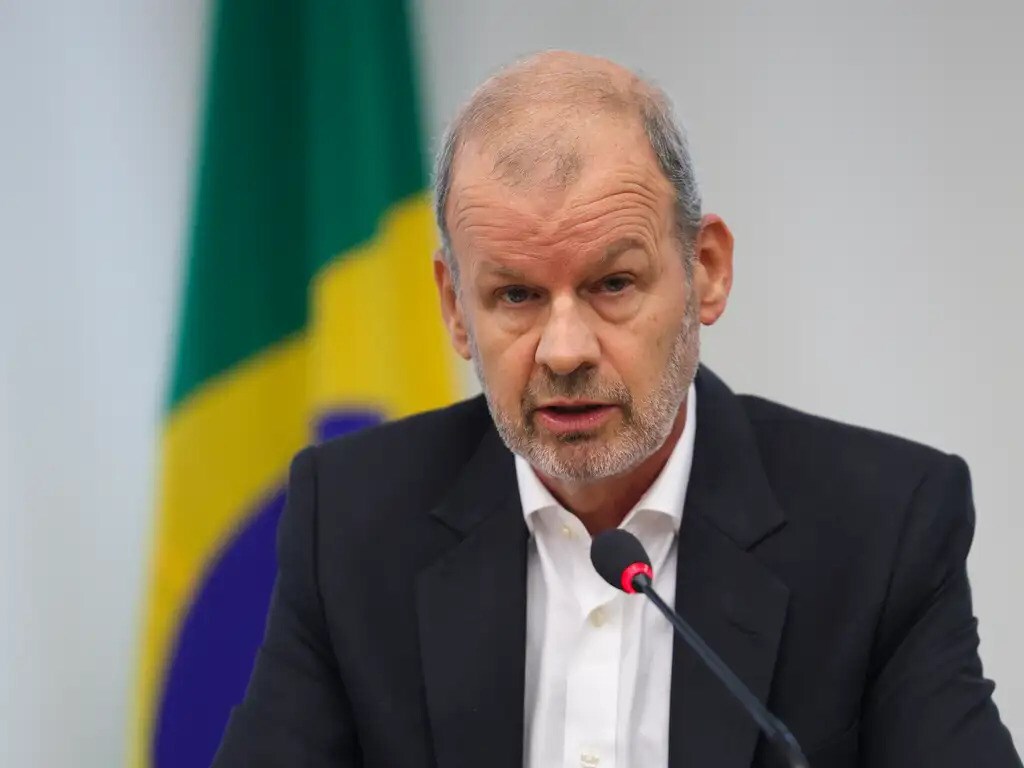您想继续阅读英文文章还
是切换到中文?
是切换到中文?

THINK ALUMINIUM THINK AL CIRCLE

At the Financial Times Energy Transition Summit in India, Johannes Zutt, Vice President for South Asia at the World Bank, offered a candid assessment during a keynote interview session of how emerging economies are recalibrating their growth strategies around clean power — and why the aluminium sector should be paying close attention.

Image souce: https://agenciabrasil.ebc.com.br/
Also read: Scotland’s circular economy adds £7B to GVA but methodology constraints cloud comparisons
Zutt drew a parallel with Brazil, noting that the country’s success in solar was no accident. “Successive governments saw the potential of exploiting high solar irradiation in the northeast and put in place a comprehensive programme to realise that potential,” he said. The Brazilian model combined competitive auctions, long-term power purchase agreements for investor stability, cheap development bank financing, and, crucially, grid integration underpinned by a hydro-heavy baseload. That framework has delivered one of the cleanest grids in the world, with renewables supplying about 90 per cent of its electricity.
For aluminium producers in India and beyond, the grid story matters. Zutt pointed to how metal smelters cannot afford downtime from intermittent supply: “We haven’t gotten to the point where we can provide 100 per cent of the power to your aluminium smelter, but we can do 80 per cent, I was told this morning, which is great. With battery storage and a few other things, we may get to the point where that is solved.”
…and so much more!
SIGN UP / LOGINResponses








